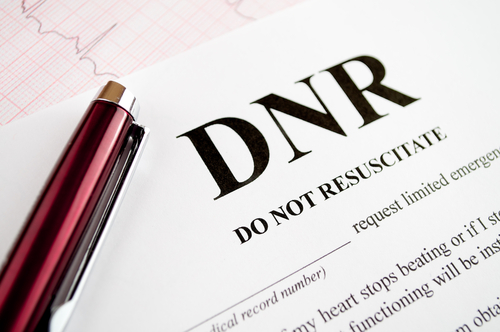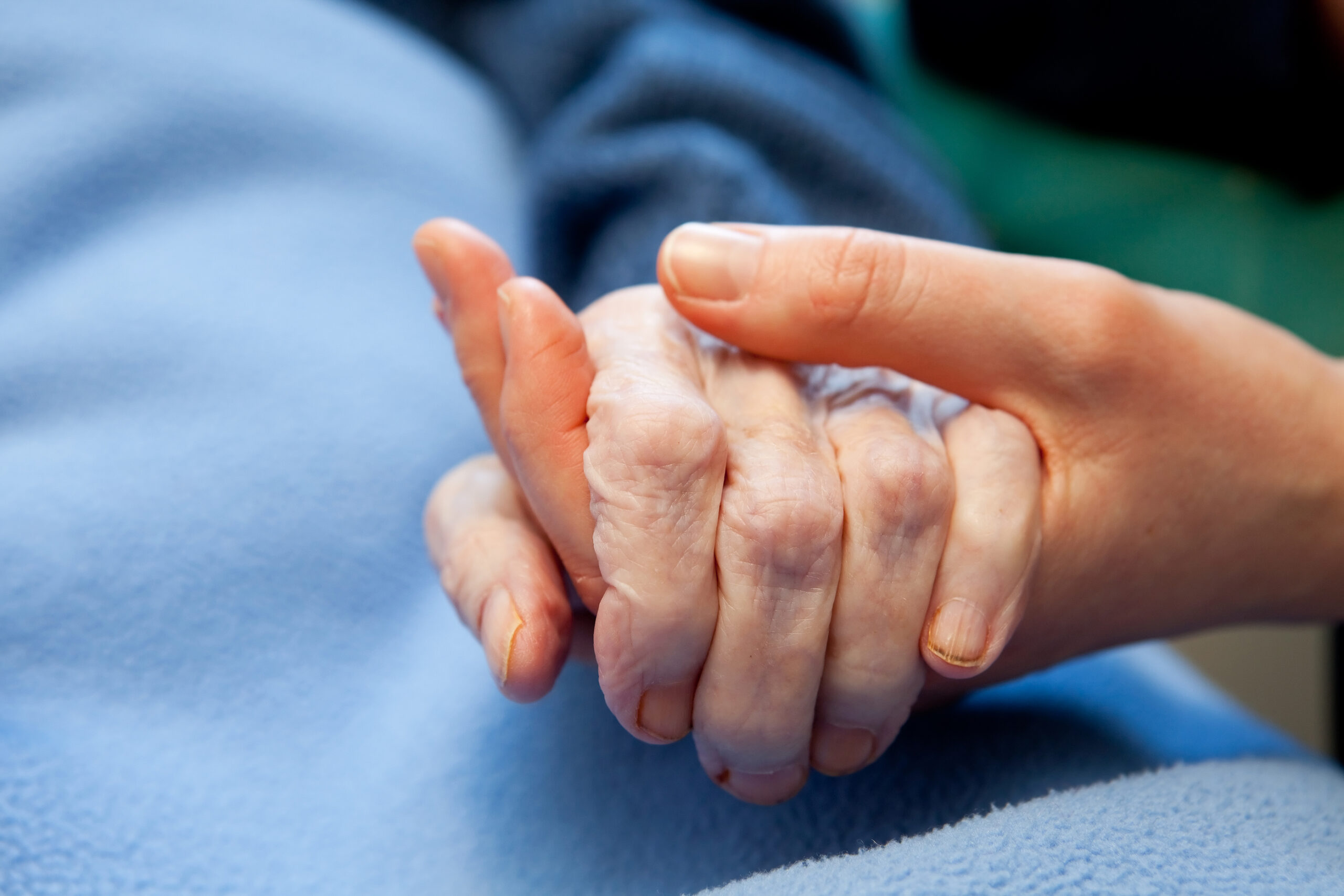What is a Do Not Resuscitate Order (DNR)?
Category:

Resuscitating a loved one from death may seem like an easy decision on paper but when they are chronically ill, it could pose more harm than good. That’s when getting a DNR is a more viable option. But why sign a DNR? When can you sign a DNR? What is do not resuscitate comfort care? What is the penalty for violating a DNR? We’ll answer these and many other questions in this post.
What does resuscitate mean?
When you resuscitate someone, you revive them from unconsciousness or apparent death. Another word for resuscitating is CPR, or cardiopulmonary resuscitation.
What does DNR stand for?
DNR stands for “Do Not Resuscitate.”
What is a do not resuscitate order?
A doctor writes this legally binding DNR order to instruct healthcare providers not to perform CPR if a patient’s heart stops beating or if they stop breathing.
Why would someone have a DNR?
A patient would have a DNR if they have a history of chronic or terminal illness, such as chronic lung disease or heart disease. These illnesses may have required CPR in the past or may require it in the future. However, sometimes CPR can result in brain damage or impairments and some patients may choose not to be revived if this is the case.
When do doctors ask about DNR?
Doctors will discuss DNRs with the patient and their close family members if the patient’s condition puts them at risk for life-threatening consequences. The doctor will discuss treatment options and all of their potential benefits and burdens.
Can a DNR be revoked by family?
If the patient authorizes a family member to make decisions on their behalf, the family member can cancel a DNR order at any time. All they need to do is notify the attending physician to remove the order from their medical record.
What happens if you resuscitate a patient with a DNR?
If a medical provider resuscitates a patient with a DNR, then they can open themselves up to a lawsuit.
Does DNR mean no feeding tube?
Not necessarily. Patients normally decline CPR because of how it can threaten their life. Feeding tubes only provide nutrients to the body and do not pose the same danger. However, the patient may want to stop using a feeding tube if their body stops properly breaking down food. Removing a feeding tube can be added to a patient’s advance directives, which is not the same as a DNR.
What are DNR orders and advance directives?
A physician signs a do not resuscitate directive when the patient is dying, death is inevitable, and the eventual cause is irrelevant. Meanwhile, an advanced directive is telling your medical provider in advance that you would like to not be resuscitated should you ever get into that situation.
What is a living will DNR order?
A living will DNR order is when a DNR is explicitly part of a person’s will. When the patient is admitted to a hospital, the DNR will be added to their chart.
What does DNR comfort care mean?
“DNR comfort measures only” means that only comfort care will be administered before, during, or after the time a person’s heart or breathing stops.
Download Our Grief and Loss Guide
Is DNR required for hospice?
Most hospice providers do not require a DNR order. However, any Medicare-certified hospice provider will not ask for a DNR order as long as the patient and family understand that the patient will receive care that will provide pain relief rather than curative properties.
What is an out-of-hospital do not resuscitate order?
An individual’s attending physician signs an out-of-hospital do not resuscitate order to direct Emergency Medical Services providers to withhold CPR from the individual in the event of cardiac or respiratory arrest.
Subscribe
Date: February 15, 2022
Category:


